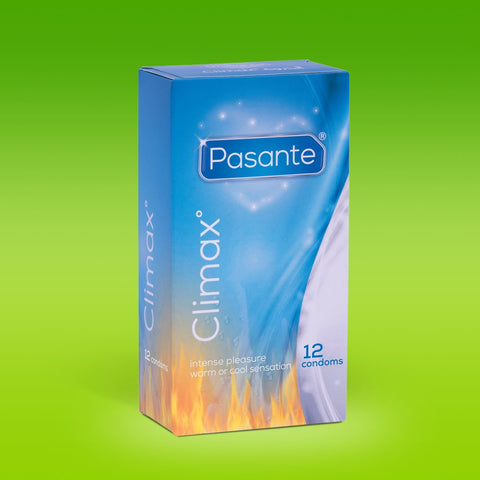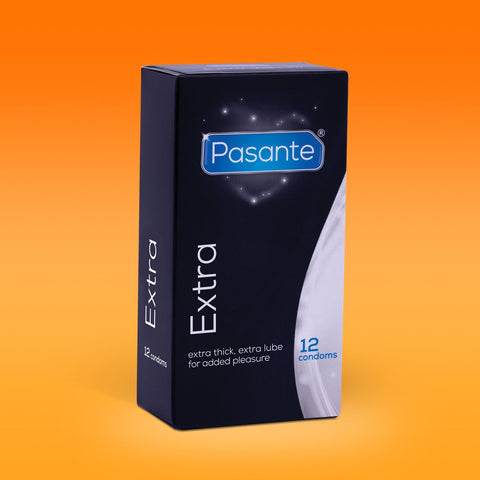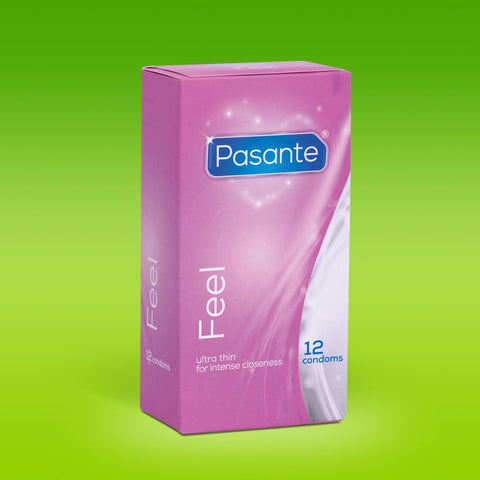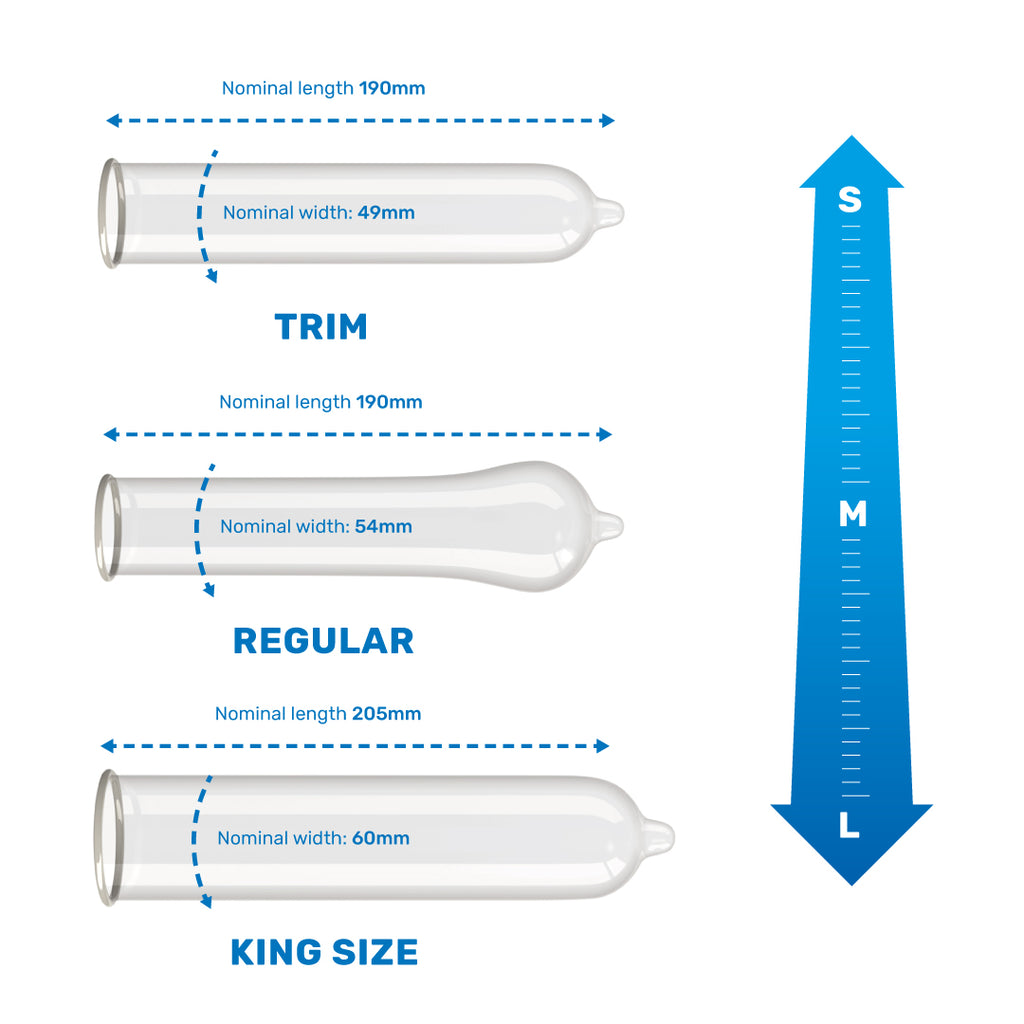
International Women’s Day - Tuesday 8th March
In a world full of endless possibilities, imagine a world that’s free of bias, stereotype and discrimination for all women. On the 8th March, the whole world will come together to celebrate International Women's Day where diversity, inclusivity and difference is celebrated in a collective aim to break the bias that has cast a shadow over women for centuries.
This year, we thought we’d have our own celebration. It’s never been more important for women to take control of their sexual health - with Spring around the corner and to add a little smile to your face, we have 40% off our smiley pouches between 25th Feb - 11th March 2022.
However, before you stock up on your favourite condoms, let’s take a look at the history of International Women’s Day, celebrating lesbians, bi-sexual, trans, and trans feminine people, taking control of our sexual pleasure and how to protect ourselves from unplanned pregnancy and sexually transmitted infections.
History of International Women’s Day
International Women’s Day has been around in some capacity since the early 1900’s. In 1908, with oppression and inequality towards women widespread, 15,000 women marched through the streets of New York City, fighting for better pay and voting rights.
It was in 1909 that the first National Women’s Day took place - but back then it was celebrated on the last Sunday of the month of February.
In 1910, at the ‘International Conference of Working Women’, Clara Zetkin, the leader of the 'Women's Office' for the Social Democratic Party in Germany, advocated for an International Women’s day - where the whole world would celebrate women’s rights and press for their demands. This proposal was widely approved by the 100 women who attended from 17 different countries.
1911: The first International Women’s Day was initiated in Austria, Denmark, Germany and Switzerland on the 19th March. More than 1 million women and men campaigned for the rights of women in employment, voting, training, for public office and to end discrimination.
1913-14: Russia joined the celebrations and International Women’s Day was formally decided to take place on 8th March - a date which will be celebrated throughout the world thereafter.
1975 was a landmark year that saw the United Nations formally celebrating International Women’s Day.
To find out more about the history of International Women’s Day - click here
To find out more about the history of sexual health services, click here
Celebrating lesbians, bi-sexual, trans, and trans feminine people
For centuries, lesbians, bi-sexual and trans women have been historically silenced and discriminated against for who they are and for who they love. Cultural and societal expectations can often still enforce what it means to be a women, so expressing our true sexual orientation, sexual desires and gender identity can often be met with discrimination and prejudice.
Therefore, this International Women’s Day, it’s never been more important than ever to highlight injustices, celebrate our sexual health as well as lesbian, bi, trans and trans feminine people’s achievements and successes.
In their 2020 health report, ‘Out of the Margins’ found that LBQ women’s sexual and reproductive health needs remain glaringly understudied in a range of country contexts. This lack of knowledge and education has led to misconceptions in many areas of the world that the risk of contracting sexually transmitted infections, such as HIV for lesbian, bi women and trans women are not present among these communities. These findings have led to recommendations to change practices, increase education and provide healthcare that is acceptable and accessible for all LBT+ individuals.
Taking control of our own sexual pleasure
Sexual restraint, threat of ruin and no sex before marriage were once long-standing expectations within British societies. We’ve come a long way since these earlier sexual ideals and while we recognise work still needs to be done and myths need to be expelled, this International Women’s Day, we can celebrate the power that women have in taking back control of our own sexual health and sexual needs.
We have condoms that make sex last that little bit longer; with our Delay Infinity Condoms or to put a smile on your face, with our smiley condoms.
We have lubricants that enhance sexual activity by making things that little bit slippier, to make oral sex more sweetly-satisfying or increasing pleasure for masturbation.
We have HIV testing kits that mean you can self-test in the comfort of your own home
We have First Time Kits - with condoms, lubricant and information leaflets, for those that are looking to have sex for the first time
We have Variety Condom bundles, for those who love to mix it up in the bedroom.
How do I protect myself from catching sexually transmitted infections or unplanned pregnancy?
Condoms reduce the risk of unplanned pregnancy and sexually transmitted infections by acting as a barrier between sexual fluids and your genitals. They can be kept in a protective case or coin purse within your handbag, bedside cabinet or anywhere that you can access them easily. Depending on your sexual needs, we have condoms and lubricants that can be used in every situation, from vaginal, oral, anal sex, masturbation and with sex toys.





